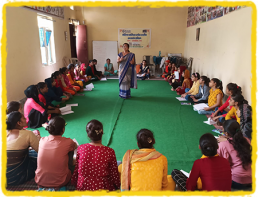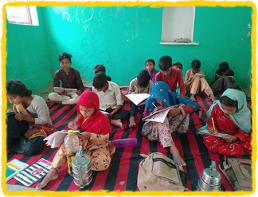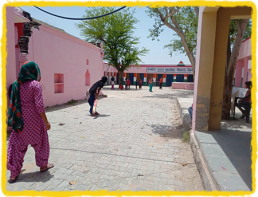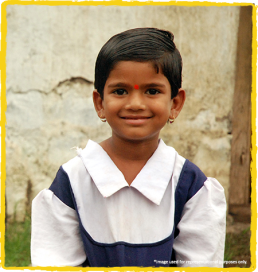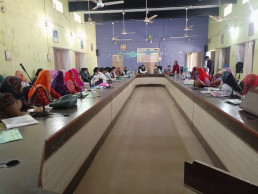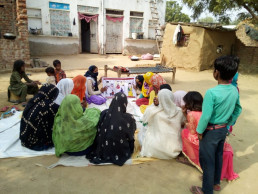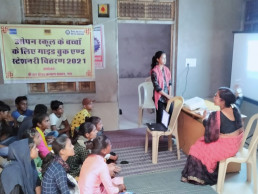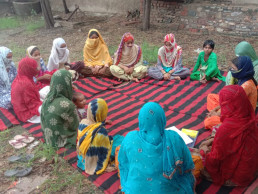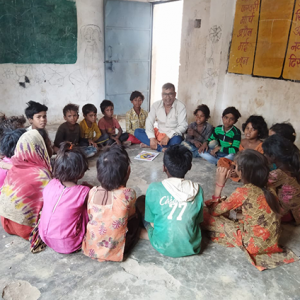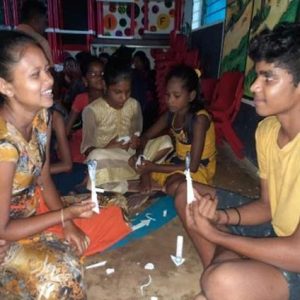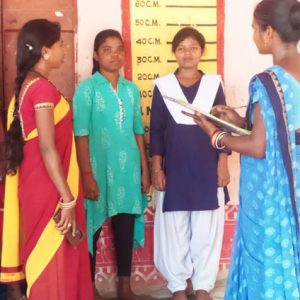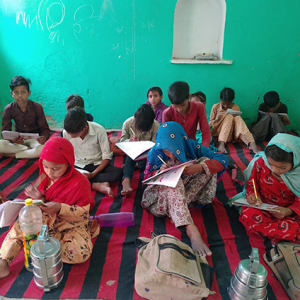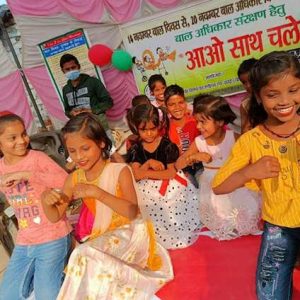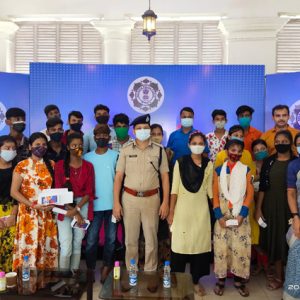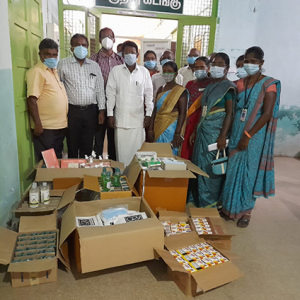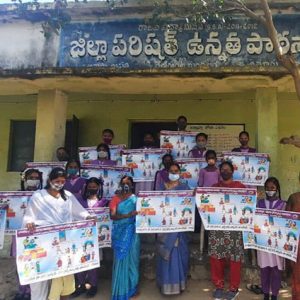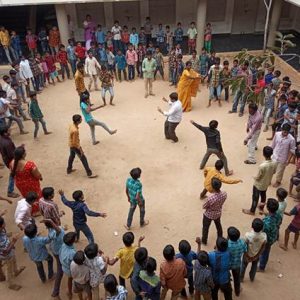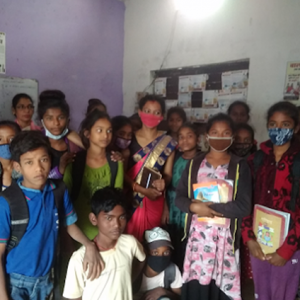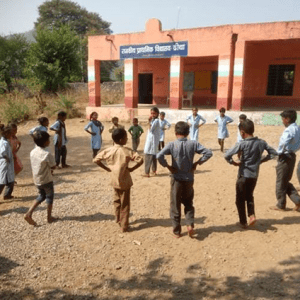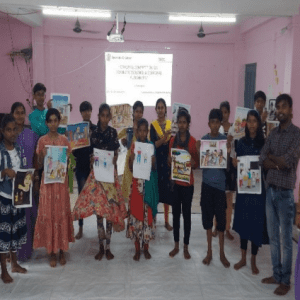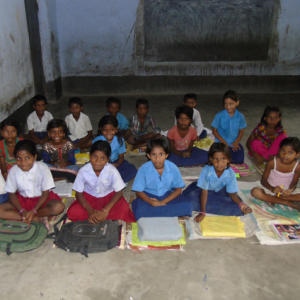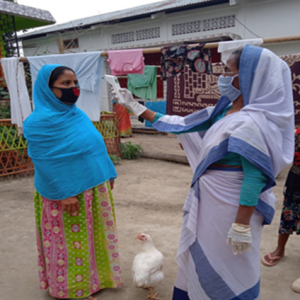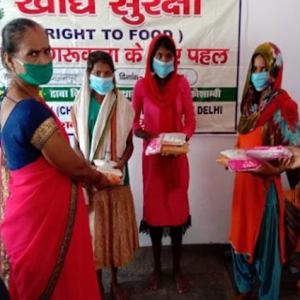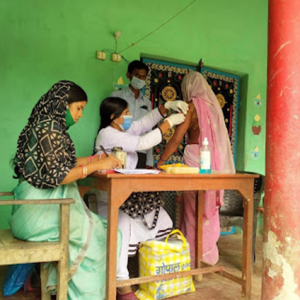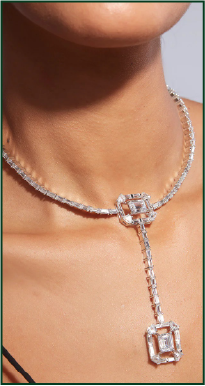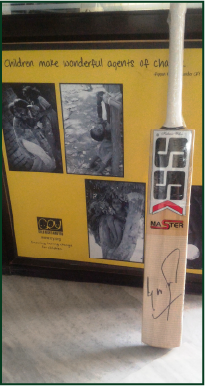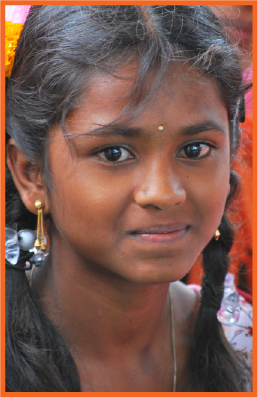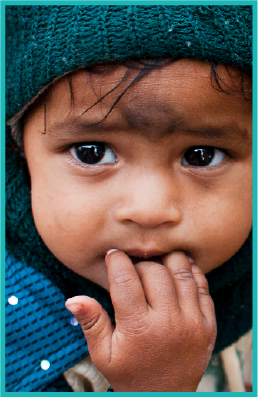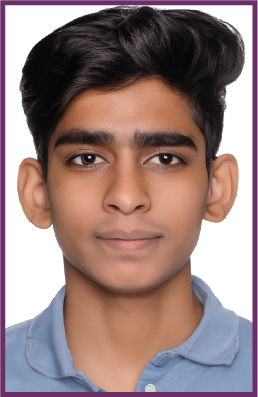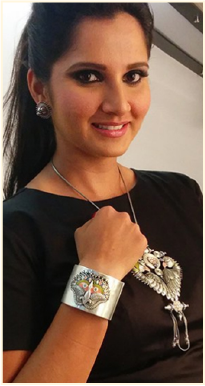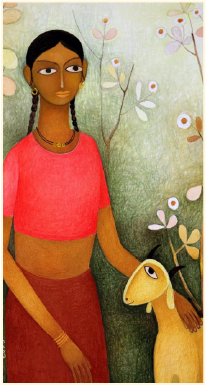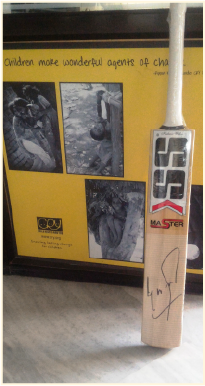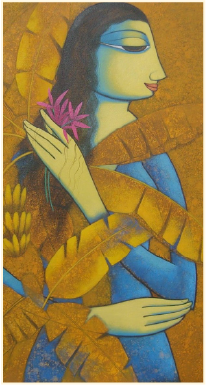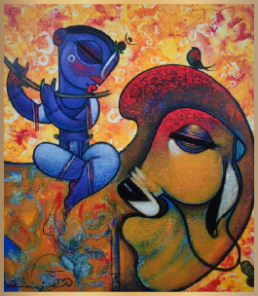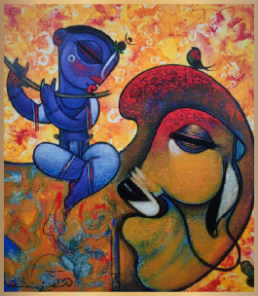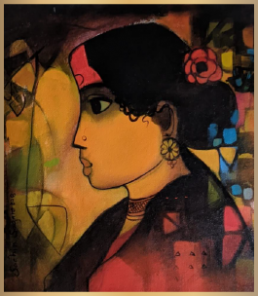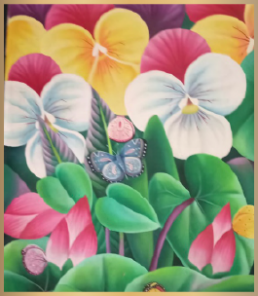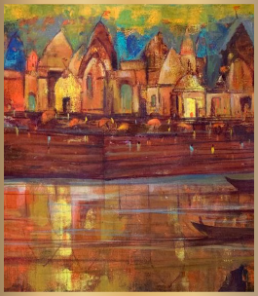Campaign Story
About the project
The project area of Nagar block has very low awareness levels. The religious beliefs and cultural practices have kept them away from immunization among the children and pregnant women which lead to a large number of maternal and neonatal deaths. The people strongly believe that using family planning methods is against their religion and thus they have extremely large family sizes varying from 8 – 10 children to each couple. The traditional practices like pardah, child marriage are widely prevalent in the intervention area and women occupy an extremely low status in the society as well as in the family. The educational status is dismal. Usually girls dropout after primary grades and are forced into household chores and sibling care. There is lack of information and sensitivity amongst the community regarding the available government schemes for promotion of girls’ education among the community people.
Making a difference
CRY America Project SJJKS focuses towards reducing socio-economic vulnerability, ensuring children are in schools, working towards mainstreaming child labor, implementing protection systems and mechanisms at district level and bringing attitudinal changes in community in context of child marriage and child labor over a period of 3 years.
The Way Forward
● Enrolment of 826 children in school
● 482 vulnerable girls to be enrolled in school through open board
● 1483 vulnerable girls receiving bicycle and scholarships
● Ensure 68 children continued their studies and delaying marriage
● Ensure linking 250 adolescent girls to Child Activity Centers
The way forward
● Strengthening of VCPC in operational villages.
● Identification of vulnerable children and linking with the scheme related to the child rights
● Support to the victim families to get justice and the compensation from the department.
● Interface with the multi stakeholders at community level for prevention of child trafficking.
Project Impact

473
Dropout and never been to school children admitted in school

322
Families linked to NREGA scheme

6
Child marriages stopped

26
Children linked to open school

112
Children enrolled in digital literacy centers

59
Adolescent girls collectives formed












